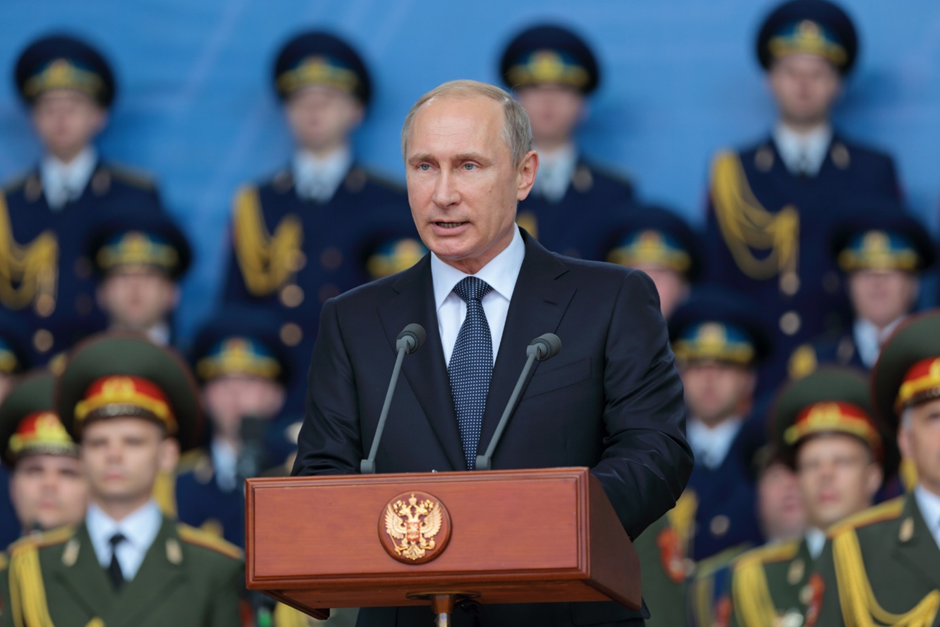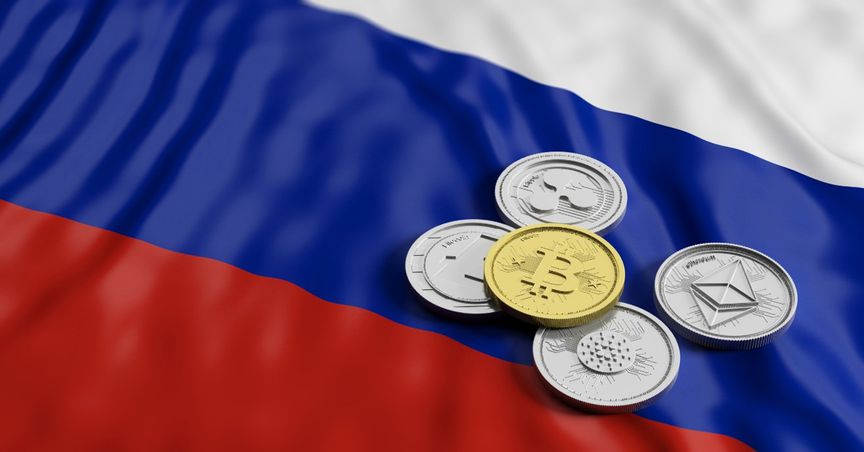Highlights
- Bitcoin has previously been thought of as a hedge to protect money in the face of an uncertain market, hampered by high inflation and anticipated interest hikes.
- While sanctions by the European Union have targeted the Kremlin, US sanctions have been aimed at Russian banks and state-owned enterprises.
- The rise of cryptocurrency, and its ability to skirt the banking system, threatens the power and effectiveness of those sanctions.
The ongoing war between Russia and the Ukraine has put immense pressure on Bitcoin and the overall crypto market with traders increasingly shying away from high-risk ventures.
Bitcoin has previously been thought of as a hedge to protect money in the face of an uncertain market, hampered by high inflation and anticipated interest hikes.
However, in the immediate aftermath of Russia’s invasion of Ukraine last Thursday, Bitcoin’s price took a steep tumble, dropping below US$35,000. It has since recovered to hit US$38,000 at the time of writing this article on Monday (28 February).
Is Russia using crypto to get around sanctions?
The US has imposed sanctions upon Russia in response to its invasion of Ukraine last week.
While sanctions by the European Union have targeted the Kremlin, US sanctions have been aimed at Russian banks and state-owned enterprises. The US sanctions have made transferring money through the traditional banking system difficult for Russian oligarchs, which has led many to believe that the banks could put money into Bitcoin or other cryptos in an effort to circumvent those sanctions.

Image Source: © Id1974 | Megapixl.com
In the past, sanctions by the US have proved a powerful diplomatic tool in getting countries to adhere to international law. However, the rise of cryptocurrency, and its ability to skirt the banking system, threatens the power and effectiveness of those sanctions.
This puts crypto in an interesting position. Supporters of cryptocurrency have long supported its independence from third party rule. It’s clear now though that crypto’s independent nature is what allows for rogue countries to transact money under the radar.
To further add to crypto’s anonymity, tools developed by Russia are designed to hide the origin of transactions. The nature of cryptocurrencies is such that all transactions are recorded on the blockchain, thus making them transparent.
As such, Russia has reportedly been designing a "digital ruble", its own central bank digital currency (CBDC), which would make the nation less dependent on the US dollar for conducting international trades.
Worth mentioning here is that in the past, North Korea and Iran have done the same. According to a UN report, North Korea has previously used ransomware to steal cryptocurrency in order to fund its nuclear program.
This is all to say that the advent of cryptocurrency is changing the way in which international relationships are conducted.
Bottom Line
With Bitcoin having existed for over a decade, its validity as a viable alternative to fiat currency has been a topic of debate. This is perhaps the first time Bitcoin’s true value has been tested.
Disclaimer: Crypto is a very risky space, a lot of spams are noticed around this and a thorough due diligence is needed when looking at the same.





